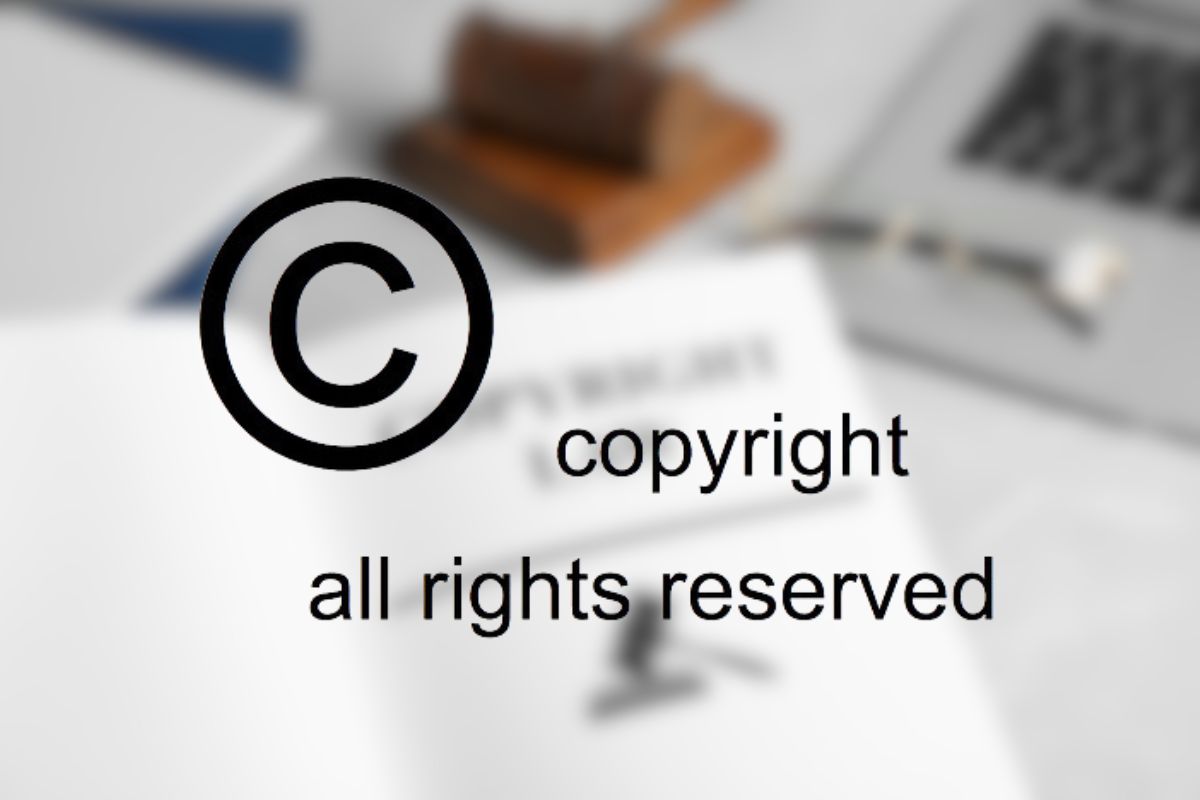


Today’s digital age makes information and creativity easy to access. So, understanding copyright law is crucial. You may be a content creator, consumer, or just someone who interacts with media. The phrase “All Rights Reserved” is important to you. Let’s delve into what this term entails and its implications in the realm of intellectual property.
Table of Contents
ToggleWhen you come across the phrase “All Rights Reserved,” it means the creator or copyright holder keeps exclusive rights to their work. These rights encompass various aspects, including reproduction, distribution, public performance, and adaptation. Essentially, it serves as a notice to others that the content is protected by copyright law.
Copyright is a legal concept that grants creators exclusive rights to their original works. It serves to incentivize creativity by providing creators with the ability to control how their work is used and distributed. Copyright is established automatically when original content is created. It offers protection against unauthorized use.
Intellectual property includes many creations. These include books, music, art, inventions, and symbols. “All Rights Reserved” primarily applies to copyright. But, it’s essential to recognize other forms of intellectual property, such as trademarks and patents.
Copyright gives creators much control over their work. But, there are limits and exceptions. They aim to balance creators’ rights with the public interest. For instance, fair use doctrine allows the limited use of copyrighted material. It is for purposes like criticism, commentary, and education. Additionally, works that enter the public domain are no longer protected by copyright and can be freely used by anyone.
Creators can take proactive steps to safeguard their intellectual property rights. Registering copyrights provides additional legal protection and establishes a public record of ownership. If someone infringes, creators can enforce their rights in court. They can use actions like cease and desist letters and litigation.
Despite copyright law, many misconceptions surround “All Rights Reserved.” It’s essential to debunk myths and clarify misunderstandings. It ensures that creators and consumers understand their rights and duties.
Copyright laws vary by country. This leads to complexities in a globalizing world. International agreements, such as the Berne Convention, aim to make copyright standards the same across borders. They make it easier to protect intellectual property globally.
Copyright aims to protect creators. But, it also fosters creativity and innovation. Copyright provides creators a financial incentive to make new works. It encourages the spread of diverse art.
In practice, “All Rights Reserved” affects both content creators and consumers. It ensures that creators aren’t exploited without permission. Consumers must respect copyright laws when using and sharing material.
The rise of digital technology has brought about new challenges in copyright enforcement. Online platforms enable widespread content distribution. They make it easier for individuals to infringe on copyright. Solving piracy and infringement needs many methods. It needs legislation, technology, and education.
Education is key to fostering a culture of respect for intellectual property rights. Many resources can help people understand copyright law. They range from online guides to workshops and seminars.
Technology is evolving. Copyright laws and practices will likely change more. New trends, like AI and blockchain, could revolutionize creating, sharing, and protecting content.
In conclusion, “All Rights Reserved” is a vital aspect of copyright law, granting creators the ability to protect their intellectual property. This phrase indicates the exclusive rights held by the creator to reproduce, distribute, perform, and display their work. Understanding its significance allows individuals to navigate copyright law confidently.
By embracing this concept, creators can safeguard their ideas from unauthorized use, fostering an environment where creativity and innovation can thrive without fear of infringement. In today’s digital landscape, asserting these rights is essential to maintaining control over one’s work.
“All Rights Reserved” symbolizes a commitment to upholding creators’ rights, ensuring their contributions are respected. It reinforces the importance of protecting intellectual property, contributing to a culture where originality is valued and encouraged.
Ultimately, grasping the meaning of “All Rights Reserved” empowers individuals to contribute to a creative ecosystem that respects and preserves intellectual property rights for future generations.
It means the creator has all the rights. These include reproduction, distribution, and adaptation.
Giving credit to the creator does not absolve you of copyright infringement. Permission from the copyright holder is typically required for the use of copyrighted material.
Copyright protection typically lasts for the lifetime of the creator plus an additional 70 years.
Yes, there are limits and exceptions to copyright law. For example, there is fair use. It allows limited use of copyrighted material. This is for things like criticism, commentary, and education.
If you believe your copyright has been infringed, you can sue. You can also send a cease and desist letter.


